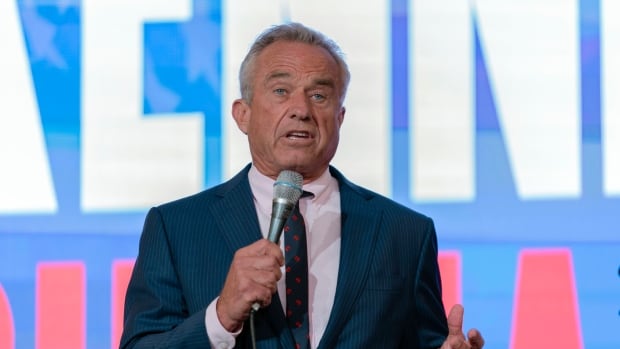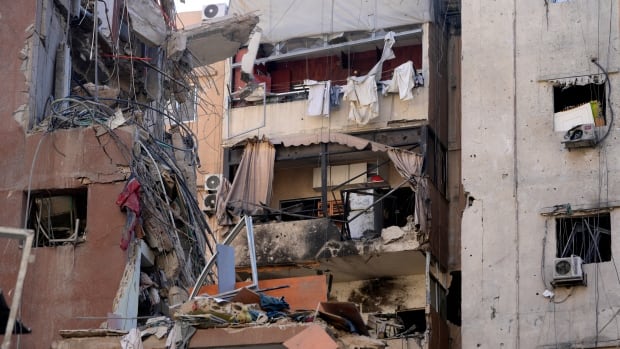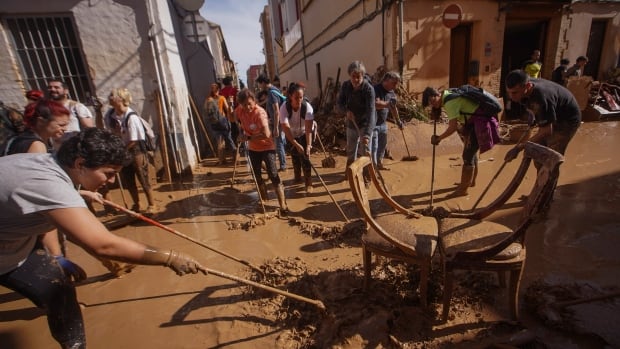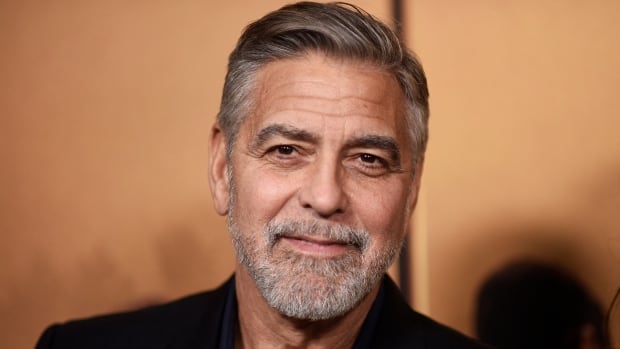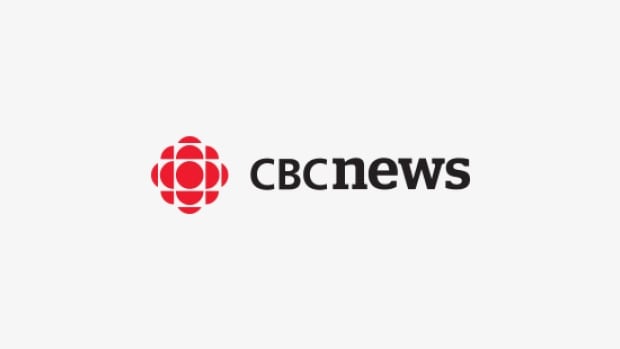Independent presidential candidate Robert F. Kennedy Jr. has failed to qualify for next week’s debate in Atlanta, according to host network CNN, falling shy of benchmarks both in state ballot qualification and necessary polling.
The missed markers mean that the June 27 showdown will be solely between Democratic President Joe Biden and presumptive Republican nominee and former president Donald Trump. That denies Kennedy a singular opportunity to stand alongside the leading candidates in an attempt to lend legitimacy to his long-shot bid and convince potential supporters that he has a shot at winning.
According to the criteria set out by CNN, candidates would be invited to participate in the debate if they had secured a place on the ballot in states totalling at least 270 votes in the electoral college, the minimum needed to win the presidency.
Biden and Trump have easily cleared the polling threshold but won’t be certified for the ballot until their parties formally nominate them later this summer. Both have secured enough delegates to lock in their nominations.
Kennedy’s campaign says he has satisfied the requirements to appear on the ballot in 22 states, with a combined 310 electoral votes, though not all have affirmed his name will be listed. California, the largest prize on the electoral map with 54 votes, will not certify any candidates until Aug. 29.
Candidates were also required to reach a polling threshold of 15 per cent in four reliable national polls by June 20, another metric CNN said Kennedy failed to meet. According to the network, Kennedy has received at least 15 per cent in three qualifying polls so far and is currently on the ballot in six states, making him currently eligible for 89 electoral college votes.
Front Burner24:07Conspiracy campaign: RFK’s presidential bid
Kennedy is the third-oldest of 11 children born to former U.S. attorney general Robert F. Kennedy and his wife, Ethel, and was 14 years old when his father was assassinated during a presidential campaign in 1968.
Kennedy Jr. built a public profile in the 1980s as an environmental activist but gained prominence in more recent years as a vaccine skeptic. With respect to foreign policy, he is campaigning on reduced military spending and is a critic of the Biden administration’s significant military aid for Ukraine.
Rare for independent candidates to debate
Last month, Kennedy filed an election complaint alleging CNN is colluding with Biden and Trump to exclude him from the June 27 debate, alleging that the participation requirements were designed to ensure only Biden and Trump would qualify and claiming that he is being held to a higher standard.
CNN has said the complaint is without merit. Kennedy’s campaign did not immediately respond to a message Thursday seeking comment on CNN’s announcement and asking if he planned to take any further action about his exclusion.
Kerry Kennedy, a sister of presidential hopeful Robert F. Kennedy Jr., appeared onstage at a Biden rally alongside family members to endorse the president.
The Biden-Trump debate will be the earliest on the record since televised presidential debates began in 1960, as they’ve been traditionally held in September and October.
Candidates outside the Republican and Democratic parties have struggled in the past to reach the debate stage, with Green Party candidate Ralph Nader going so far as to try and crash a 2000 debate between George W. Bush and Al Gore.
John Anderson in 1980 debated Ronald Reagan, though a second debate would feature just Reagan and incumbent Jimmy Carter. In 1992, independent businessman Ross Perot qualified for all three debates alongside George H. W. Bush and Bill Clinton, but did not make the cut four years later in a subsequent campaign.
Four years ago, Biden and Trump squared off in three fractious debates. Former White House chief of staff Mark Meadows wrote in a subsequent book that Trump proceeded with the first debate despite contracting COVID-19 just a few days before, while Trump’s frequent interruptions in the second affair saw Biden remark, “Will you shut up, man? This is so unpresidential.”
CNN anchors Jake Tapper and Dana Bash are set to moderate next week’s debate. Biden and Trump have also agreed to a debate on Sept. 10 hosted by ABC, bypassing the nonpartisan commission that has organized debates for nearly four decades.
